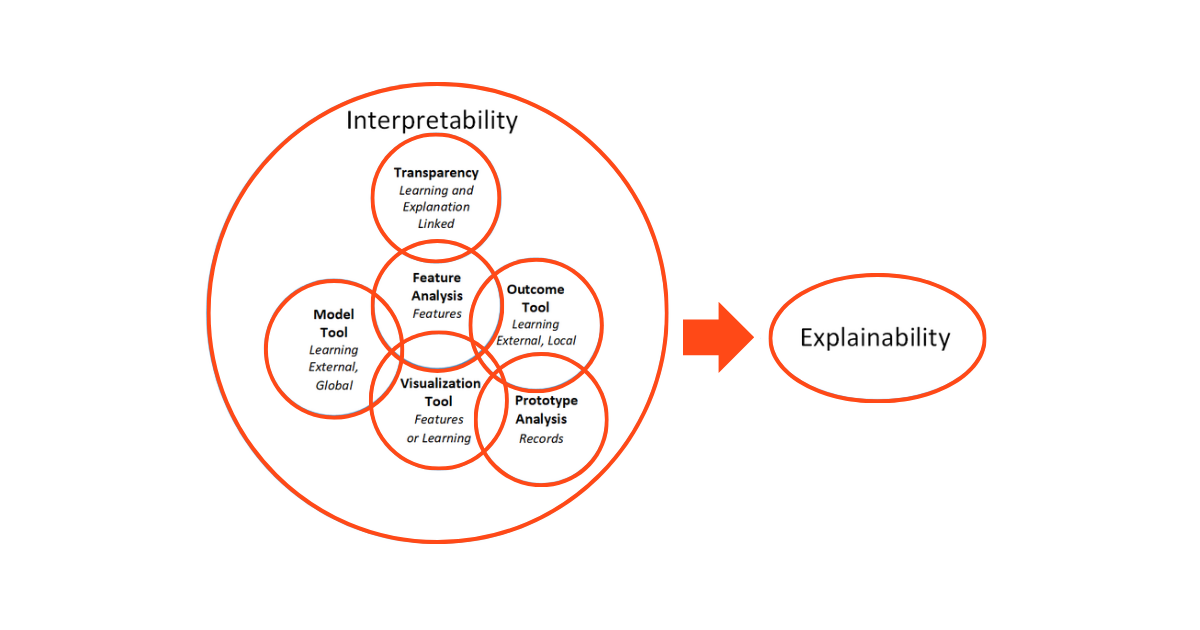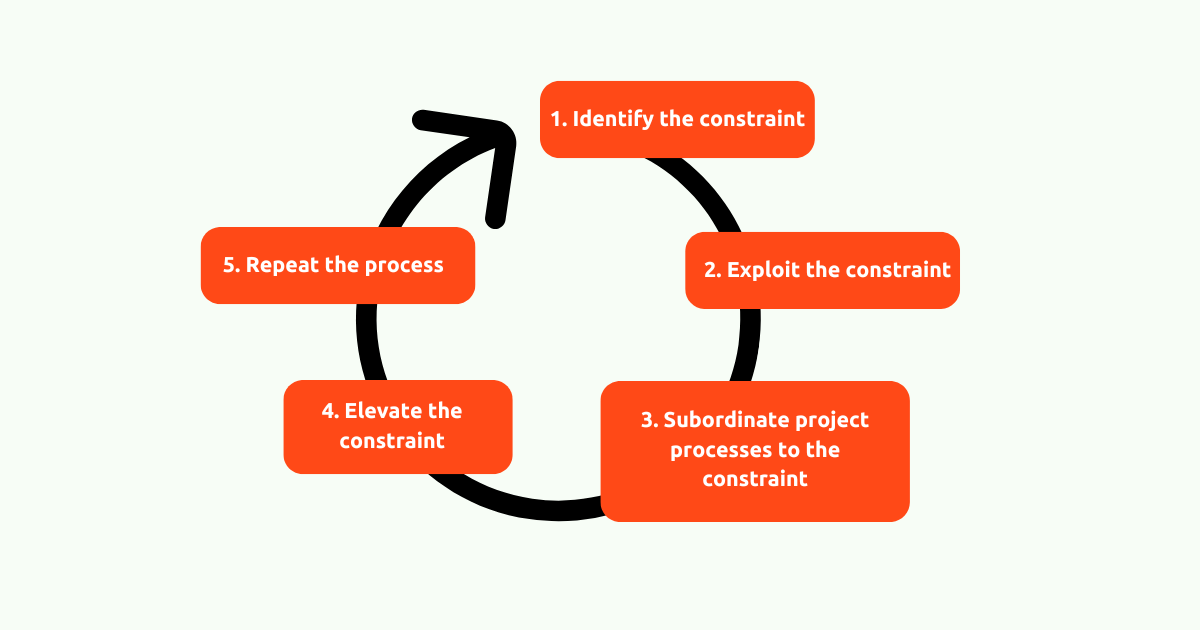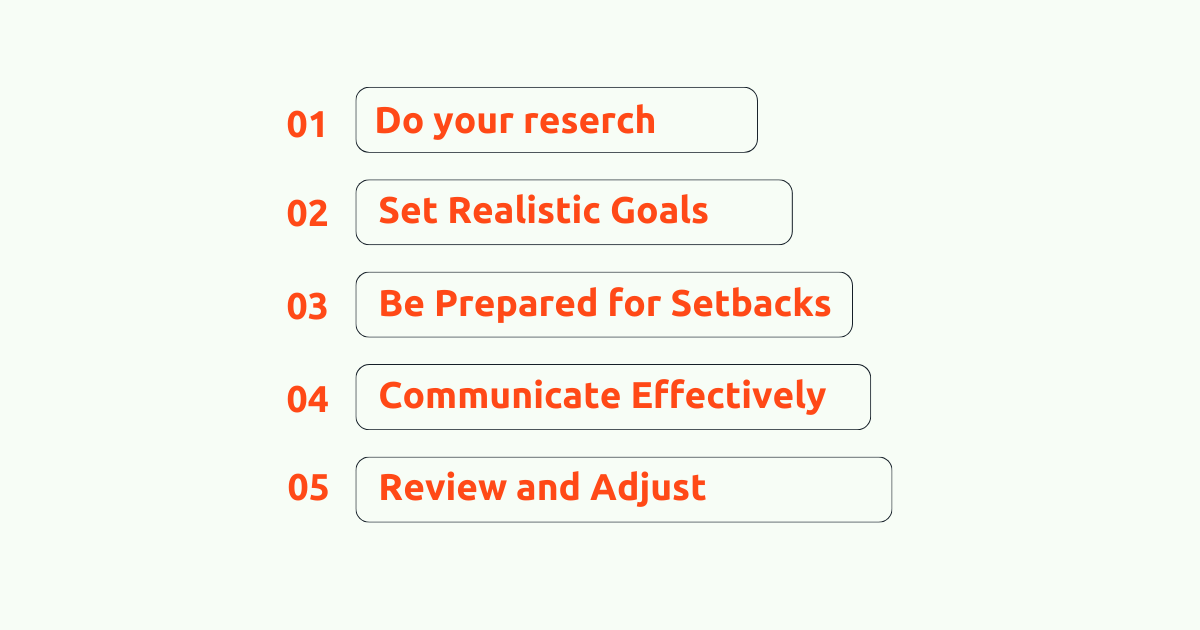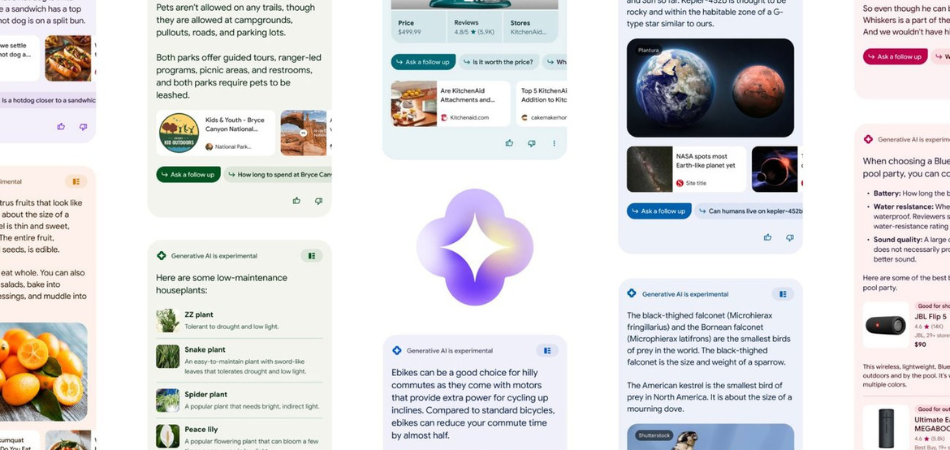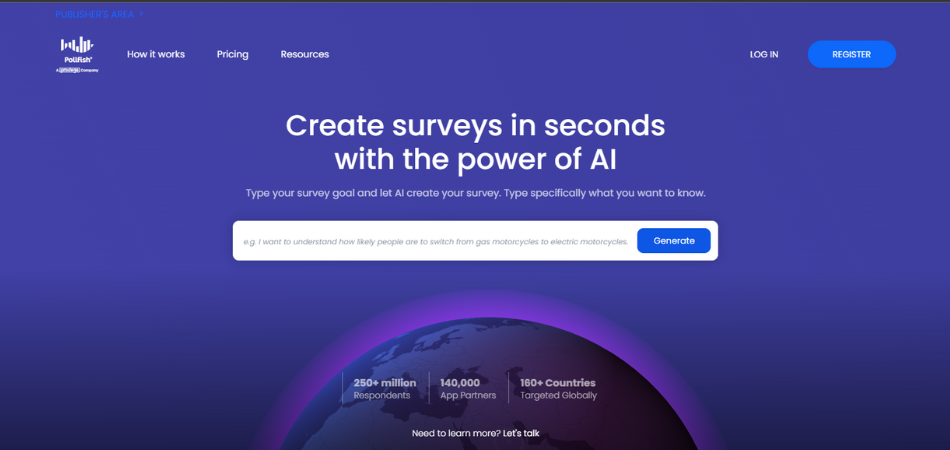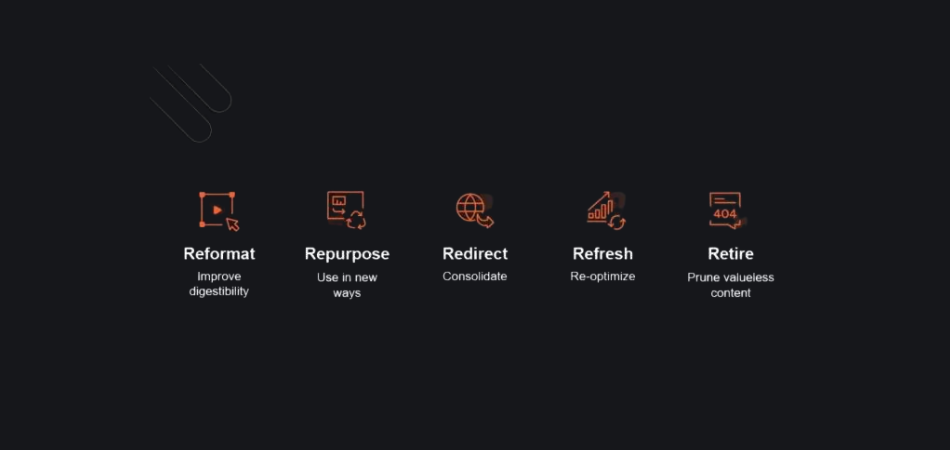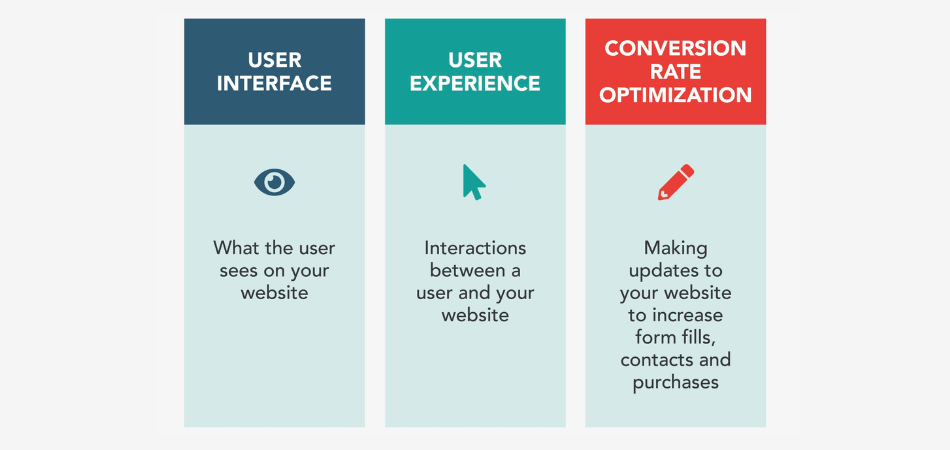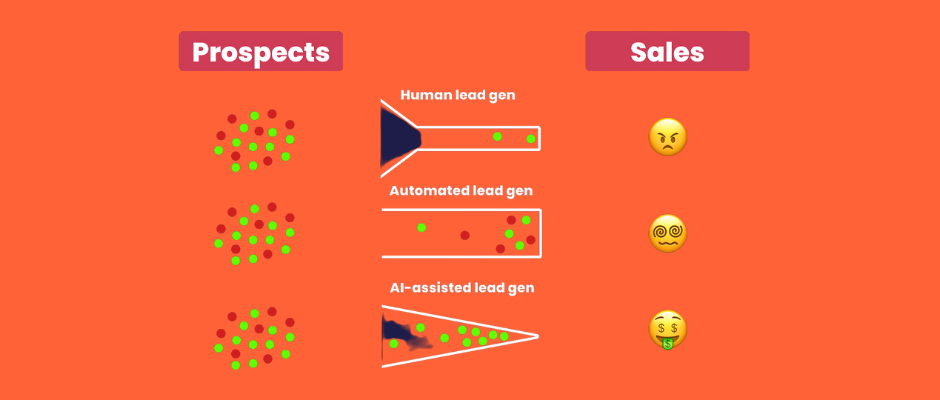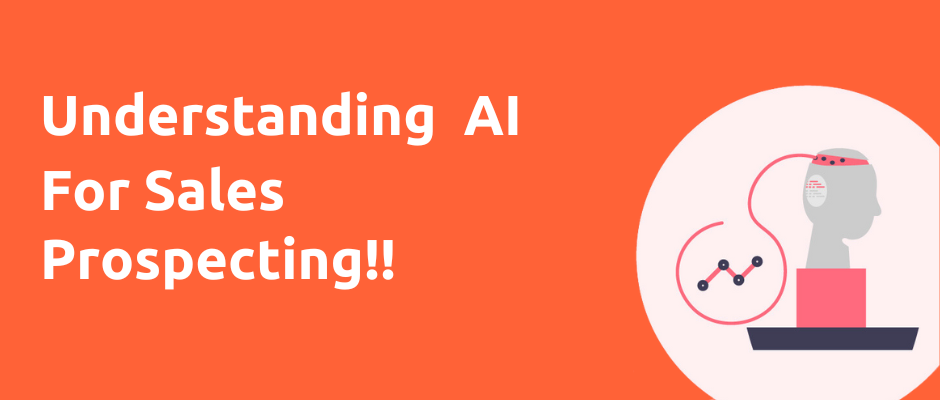Unveiling the Influence of Emotional Intelligence in Social Media Marketing
In the fast-paced world of social media, where algorithms constantly evolve and trends shift rapidly, it’s easy to get caught up in the race for likes, shares, and followers. However, amidst this digital frenzy, what truly sets successful social media marketing strategies apart is the ability to resonate with the audience on an emotional level. This is where emotional intelligence (EI) plays a key role. In this blog post, we’ll delve into the significance of emotional intelligence in social media marketing and how it can be leveraged to create meaningful connections and drive business success.
Understanding Emotional Intelligence (EI)
Emotional intelligence refers to the capacity to recognize, understand, and manage emotions effectively, both in oneself and in others. It encompasses qualities such as empathy, self-awareness, social skills, and emotional regulation. Individuals with high emotional intelligence can effectively navigate social complexities, communicate persuasively, defuse conflicts, and build strong relationships. While technical skills and industry knowledge are undoubtedly important in marketing, emotional intelligence adds a crucial dimension by enabling marketers to connect with their audience on a deeper, more personal level.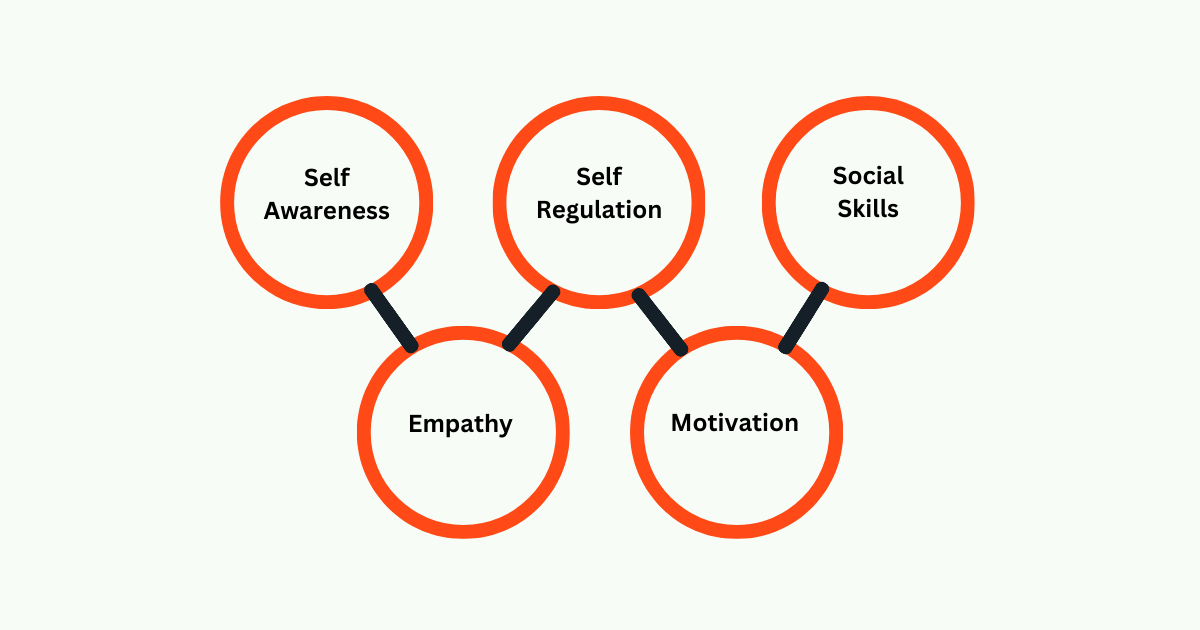
The Power of Emotional Connections
In the realm of social media marketing, where attention spans are fleeting and competition is fierce, the ability to evoke emotions can make all the difference. Beyond simply promoting products or services, successful brands recognize the significance of forging genuine emotional bonds with their audience. Whether it’s through heartfelt storytelling, relatable content, or empathetic engagement, cultivating these connections fosters loyalty, trust, and advocacy. Emotional connections drive deeper engagement and foster a sense of community around the brand. By tapping into the emotions of their audience, brands can create lasting impressions, sparking conversations, and inspiring actions. In an increasingly crowded digital landscape, the ability to connect on an emotional level remains a cornerstone of effective social media marketing strategies.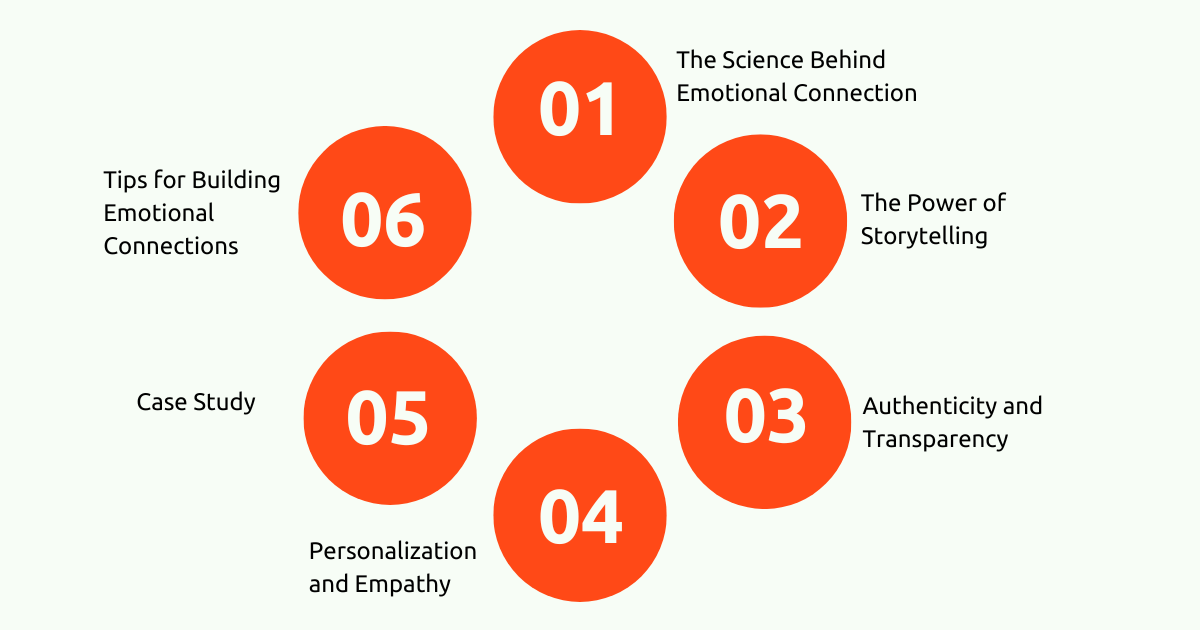
Leveraging Emotional Intelligence in Social Media Marketing
In the realm of social media marketing, emotional intelligence holds immense power. It’s the driving force behind authentic engagement, meaningful interactions, and long-term relationships with your audience. Here’s a closer look at how you can harness its potential to elevate your brand.1. Understanding Your Audience’s Emotional Landscape
Effective social media marketing begins with a deep understanding of your audience’s emotional landscape. What are their hopes, fears, aspirations, and pain points? By tapping into these emotions, you can create content that resonates on a profound level. Start by conducting thorough audience research. Use analytics tools to gather insights into your followers’ demographics, interests, and online behaviour. Pay attention to the language they use, the topics they engage with, and the emotions they express in their interactions.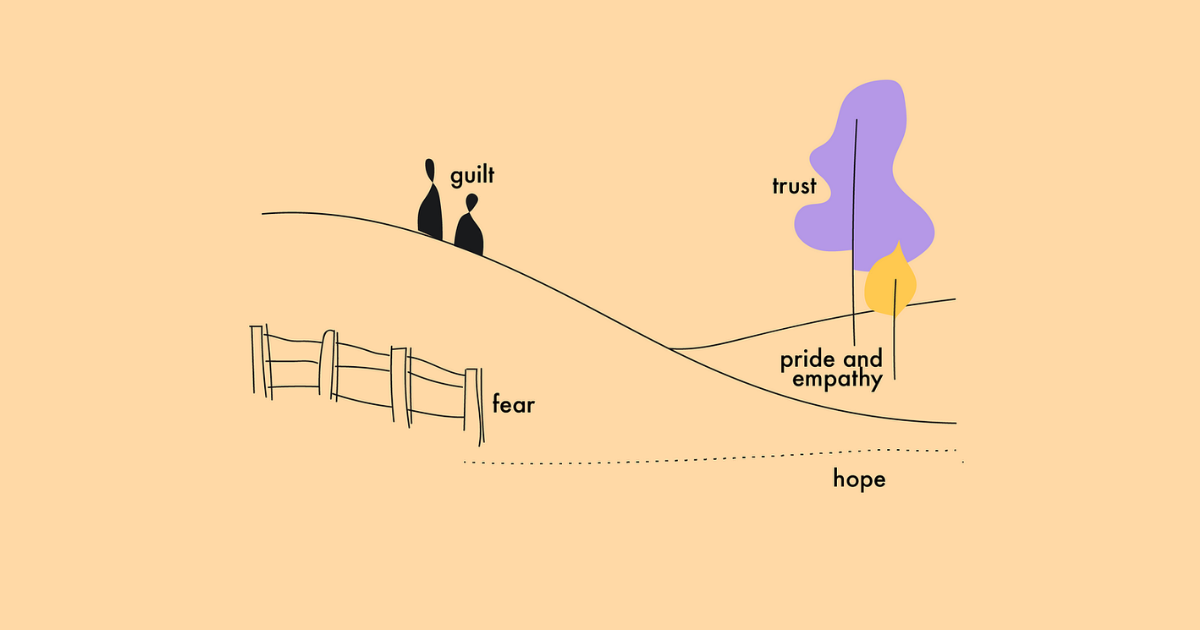
2. Crafting Compelling Content
Armed with insights into your audience’s emotions, you can craft content that strikes a chord with them. Whether it’s a heartfelt story, an inspirational quote, a compelling visual, an engaging video or a humorous meme, aim to evoke emotion in every piece of content you create. Remember that authenticity is key. People can sense when content is insincere or manipulative. Instead of chasing trends blindly, stay true to your brand’s values and voice. Share stories that reflect your brand’s personality and resonate with your audience’s emotions.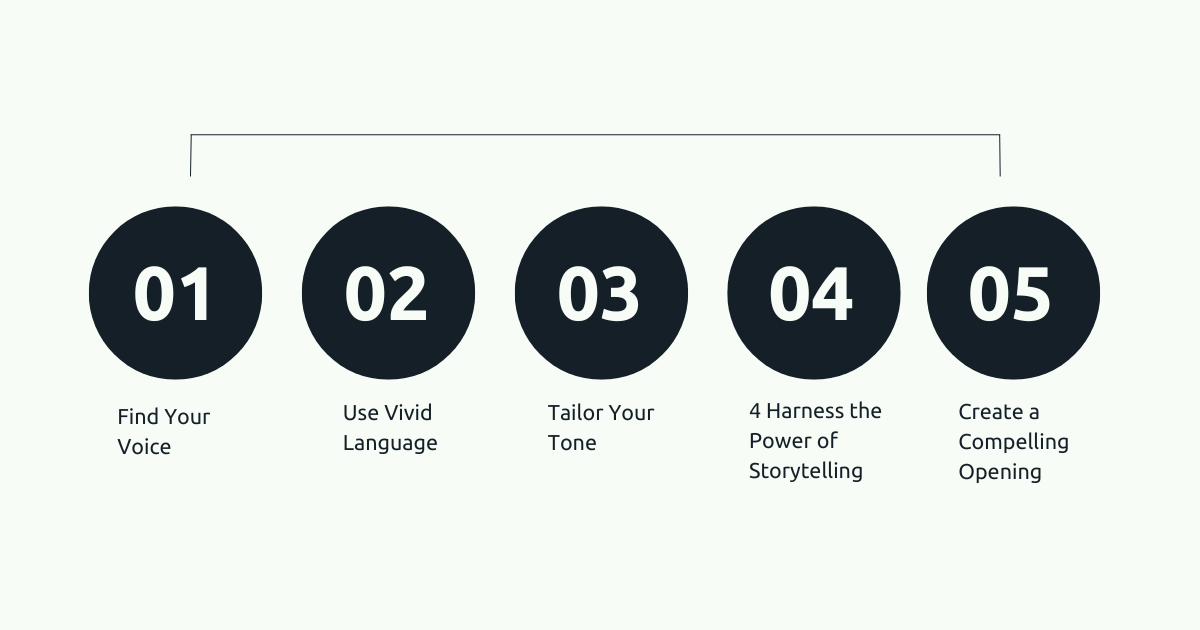
3. Engaging with Empathy
Social media is not just a broadcasting platform; it’s a two-way conversation. Cultivate empathy in your interactions with followers. Respond promptly to messages and comments, and take the time to listen to their feedback and concerns. Empathetic engagement humanizes your brand and fosters trust and loyalty among your audience. Show genuine interest in their experiences, and offer support and encouragement when needed. By demonstrating that you understand and care about their emotions, you’ll strengthen your relationship with them over time.
4. Navigating Negative Feedback
Inevitably, social media marketing comes with its fair share of negative feedback and criticism. However, how you handle these situations can make all the difference in shaping public perception of your brand. Instead of reacting defensively, approach negative feedback with empathy and humility. Acknowledge the person’s concerns and offer a solution or apology if necessary. By addressing issues openly and transparently, you demonstrate your commitment to customer satisfaction and building positive relationships.
5. Cultivating Emotional Resilience
Lastly, remember to cultivate emotional resilience in your social media marketing efforts. Not every post will go viral, and not every interaction will result in a sale. Embrace failure as an opportunity to learn and grow, and don’t let setbacks deter you from your long-term goals. Stay attuned to your own emotions as well. Social media can be overwhelming at times, with its constant stream of content and feedback. Take breaks when needed, and prioritize self-care to maintain your mental and emotional well-being.
FAQ Guide to Harness the Power of Emotional Intelligence in Social Media Marketing
1) Why is emotional intelligence important in social media marketing?
Emotional intelligence plays a crucial role in social media marketing because it allows brands to connect with their audience on a deeper, more meaningful level. By understanding and empathizing with their emotions, brands can create content that resonates, fosters engagement, and builds long-lasting relationships.
2) How can emotional intelligence help improve engagement on social media?
Emotional intelligence helps brands tailor their content to match the emotional needs and preferences of their audience. By creating content that evokes emotions such as joy, inspiration, or empathy, brands can evoke greater engagement in the form of likes, comments, and shares. Additionally, empathetic engagement with followers strengthens relationships and encourages ongoing interaction.
3) What are the practical ways to incorporate EI into social media marketing?
Practical ways to incorporate emotional intelligence (EI) into social media marketing strategies include conducting audience research to understand their emotional landscape, crafting content that resonates with their emotions, engaging with empathy and authenticity in interactions, and responding to feedback and criticism gracefully. It also involves actively listening to your audience and adjusting your approach based on their emotional cues and feedback.
4) How can EI help in handling negative feedback and criticism on social media?
Emotional intelligence (EI) equips brands with the ability to navigate negative feedback and criticism effectively. By responding with empathy and humility, brands can de-escalate tensions, address concerns transparently, and turn negative experiences into opportunities for positive engagement and resolution. Understanding the emotions behind the feedback allows brands to respond in a more compassionate and constructive manner.
5) Can EI contribute to the overall success of social media marketing campaigns?
Absolutely. Emotional intelligence (EI) is a fundamental driver of success in social media marketing campaigns. By fostering genuine connections and resonating with the emotions of their audience, brands can increase brand loyalty, drive conversions, and ultimately achieve their marketing objectives. Additionally, brands that demonstrate emotional intelligence are more likely to be perceived as authentic, trustworthy, and relatable, further enhancing their appeal to consumers.
# Conclusion
In the dynamic landscape of social media marketing, emotional intelligence emerges as a powerful differentiator. By understanding and empathizing with your audience, leveraging authentic storytelling, and fostering meaningful connections, you can harness the power of emotions to drive engagement, loyalty, and business success. In an age where consumers crave authenticity and connection, emotional intelligence isn’t just a soft skill – it’s a strategic imperative for brands looking to thrive in the digital ecosystem.How will you harness the power of emotional intelligence to authentically connect with your audience? Share your strategies in the comments below!







